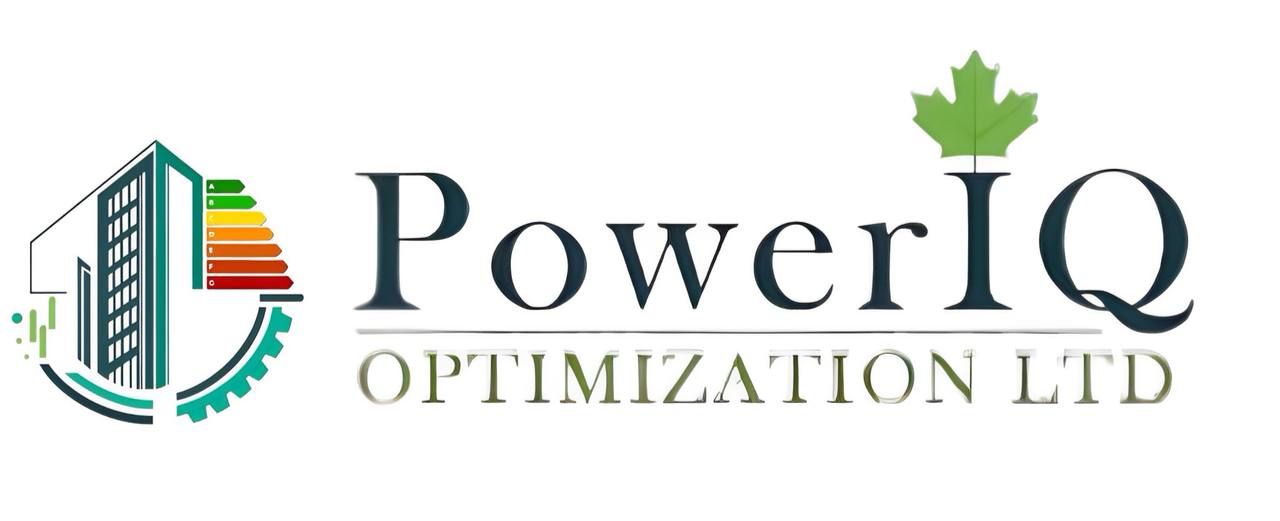Use Energy-Efficient Appliances
Choose energy-efficient appliances, lighting, and other electronics. These appliances consume less energy and can lower your energy bills in the long run
Turn Off the Lights
Turn off the lights when you leave the room and try to take advantage of natural daylight. Use energy-efficient light sources such as LED or compact fluorescent lamps
Optimize Heating and Cooling Systems
Maintain your heating and cooling systems regularly to keep them running efficiently. You can save energy by keeping the temperature slightly lower in winter and slightly higher in summer
Save Hot Water
Be careful when using your hot water. Reduce water consumption by using low-flow faucets and shower heads and optimize the temperature setting of the water heater
Check Energy Labels
Check energy labels when buying new appliances. A+++ or ENERGY STAR-certified appliances are more energy-efficient options
Turn Off Computers and Electronics
Turn off or put computers and other electronic devices to sleep when not in use. Unplug rechargeable devices as well
Improve Home Insulation
Reduce heat losses by improving home insulation. Insulate windows, doors, and the roof. This can reduce heating and cooling costs
Improve Energy Awareness
Make family members aware of energy conservation. Create habits such as turning off lights, unplugging appliances, and conserving water
Consider the Use of Solar Energy
Invest in renewable energy sources such as solar panels or solar water heaters to generate energy for your home
Consider Transportation Options
Increase the use of public transportation or switch to energy-efficient vehicles. Choose environmentally friendly transportation options such as walking or cycling for short-distance trips
